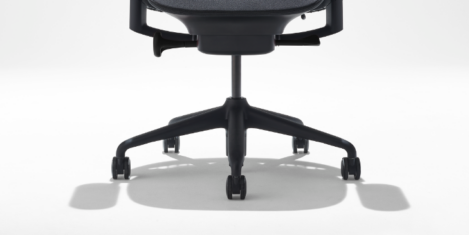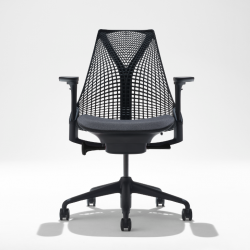January 20, 2023
Vast majority of IT managers prioritise commercial success over sustainability
 A new poll claims that the vast majority of tech managers prioritise commercial success over sustainability, despite the fact that nearly all agree with the idea that sustainability is good for business. The report from Software AG is based on a survey of 2,000 senior IT decision-makers from the US, Canada, UK, Germany and France. It suggests that most organisations prioritise commercial objectives over sustainability in the face of economic challenges. This is despite the fact that almost all (95 percent) leaders agree sustainability is either a top or high priority and a similar number (97 percent) agree that other firms’ sustainability credentials are either essential or important in their own buying decisions. The annual Reality Check reports seeks to investigate how technology initiatives can benefit both sustainability and commercial objectives. (more…)
A new poll claims that the vast majority of tech managers prioritise commercial success over sustainability, despite the fact that nearly all agree with the idea that sustainability is good for business. The report from Software AG is based on a survey of 2,000 senior IT decision-makers from the US, Canada, UK, Germany and France. It suggests that most organisations prioritise commercial objectives over sustainability in the face of economic challenges. This is despite the fact that almost all (95 percent) leaders agree sustainability is either a top or high priority and a similar number (97 percent) agree that other firms’ sustainability credentials are either essential or important in their own buying decisions. The annual Reality Check reports seeks to investigate how technology initiatives can benefit both sustainability and commercial objectives. (more…)







 A poll from the latest
A poll from the latest 


 Flexible office provider TOG has announced the opening of its first project built from the ground up – The Black & White Building, located in Shoreditch. The firm claims that The Black & White Building is Central London’s tallest mass timber office, standing at 17.8 metres high and covering 38,315 sq ft. The workspace has been built using renewable materials and innovative construction methods, which
Flexible office provider TOG has announced the opening of its first project built from the ground up – The Black & White Building, located in Shoreditch. The firm claims that The Black & White Building is Central London’s tallest mass timber office, standing at 17.8 metres high and covering 38,315 sq ft. The workspace has been built using renewable materials and innovative construction methods, which 





















January 20, 2023
AI presents us with a chance to rediscover what it means to be human
by Mark Eltringham • Comment, Technology